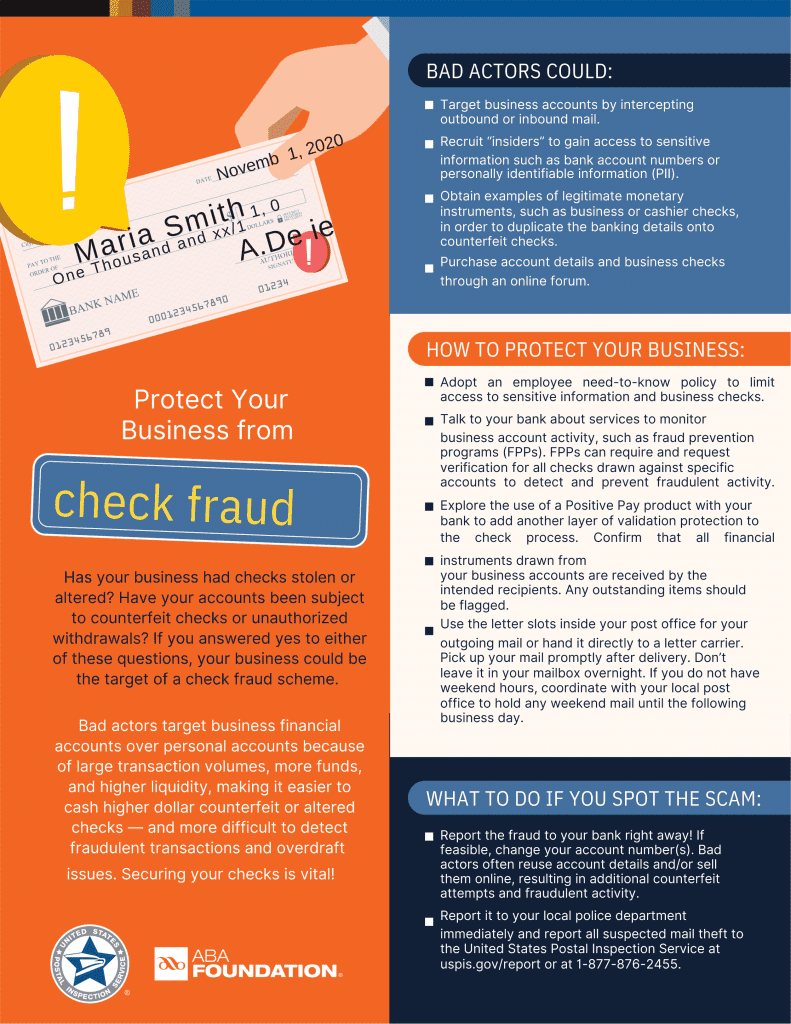
Financial elder abuse is inflicted on an older adult by someone with whom they have an expectation of trust. Anyone who sees signs of theft, fraud, misuse of a person’s assets or credit, or use of undue influence to gain control of an older person’s money or property should be on the alert. Read these tips below on how you can protect your aging loved ones from being financially exploited.
Here are the steps experts agree will help protect you and your aging loved ones.
- When a person is still mentally sharp, help him or her make a plan that designates power of attorney and health care directives.
- Stay connected with older loved ones through regular phone calls, visits or emails.
- Develop a relationship with your parent’s caregiver. They may be less likely to financially exploit someone because they know you’re paying attention.
- Become a “trusted contact” to monitor bank account and brokerage activity.
- Sign up for a service such as EverSafe to track financial activity and notify an advocate of unusual withdrawals or spending.
- Set up direct deposit for checks so others don’t have to cash them.
- Do not sign any documents that you don’t understand.
Changes in Checking and/or Credit/Debit Spending and Transaction Patterns
- Transaction review shows multiple small dollar checks posting to the senior’s account in the same month. This could be indicative of telemarketing or charity scams.
- Large withdrawals from a previously inactive checking or credit account or a new joint account.
- Account use shortly after the addition of a new authorized signer.
- Abrupt increases in credit or debit card activity.
- Sudden appearance of credit card balances or ATM/debit card purchases or withdrawals with no prior history of such previous use.
- Withdrawals or purchases using ATM or debit cards that are repetitive over a short period of time.
- Withdrawals or purchases using ATM or debit cards that are inconsistent with prior usage patterns or times (e.g., late night or very early morning withdrawals by elderly customers, withdrawals at ATMs in distant parts of town by customers who don’t drive or are house bound).
- Unexplained disappearance of funds or valuable possessions, such as safety deposit box items.
- Sudden changes in accounts or practices, such as unexplained withdrawals of large sums of money, particularly with a vulnerable adult who is escorted by another (e.g., caregiver, family member, “friend”) who appears to be directing the changing activity patterns.
Changes to Accounts and/or Documentation
- Recent changes or additions of authorized signers on a vulnerable adult’s financial institution signature card.
- Statements are sent to an address other than the vulnerable adult’s home.
- Vulnerable adult has no knowledge of a newly- issued ATM, debit or credit card.
- Abrupt changes to, or confusion regarding changes in, financial documents such as Power of Attorney, account beneficiaries, wills and trusts, property titles, deeds and other ownership documents.
- Sudden unexplained transfers of assets, particularly real property.
- Sudden appearance of previously uninvolved relatives claiming their rights to a vulnerable adult’s affairs and possessions.
- Discovery of a vulnerable adult’s signature being forged for financial transactions or for the titles of his or her possessions.
- Refinance of the vulnerable adult’s property, particularly with significant cash out or with the addition of new owners on the deed and, most particularly, without the new owners shown as co-borrowers on the loan.
Changes in Appearance or Demeanor
- Vulnerable adult has a companion who seems to be “calling the shots”.
- Change in the vulnerable adult’s physical or mental appearance. For example, the customer may appear uncharacteristically disheveled, confused or forgetful. These signs could indicate self neglect or early dementia and leave the vulnerable adult open for financial exploitation.
- Vulnerable adult acknowledges providing personal and account information to a solicitor via the phone or email.
- Excitement about winning a sweepstakes or lottery.
- Allegations from a vulnerable adult or relative regarding missing funds or physical or mental abuse.
For more security and fraud tips, visit our resource center!


